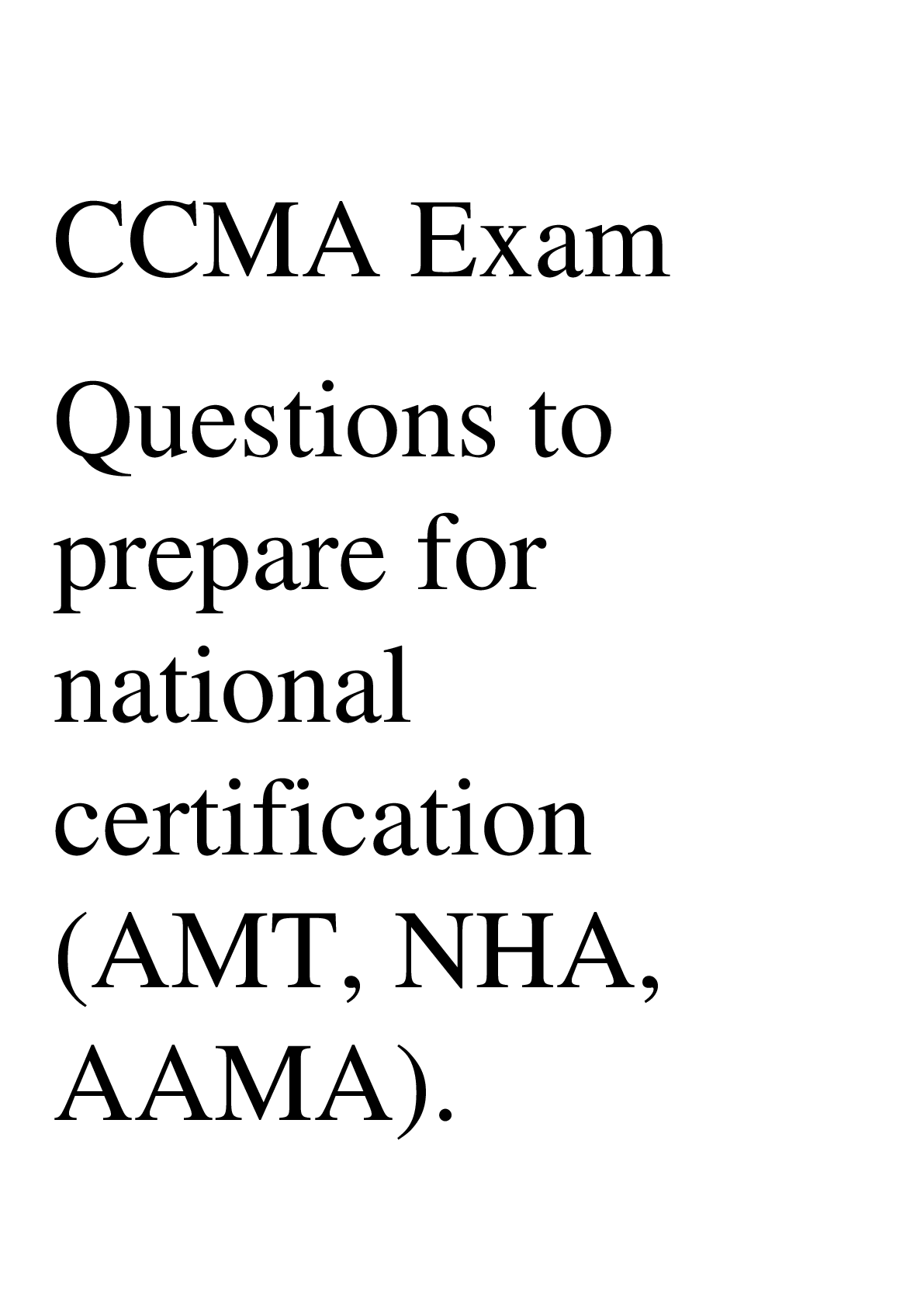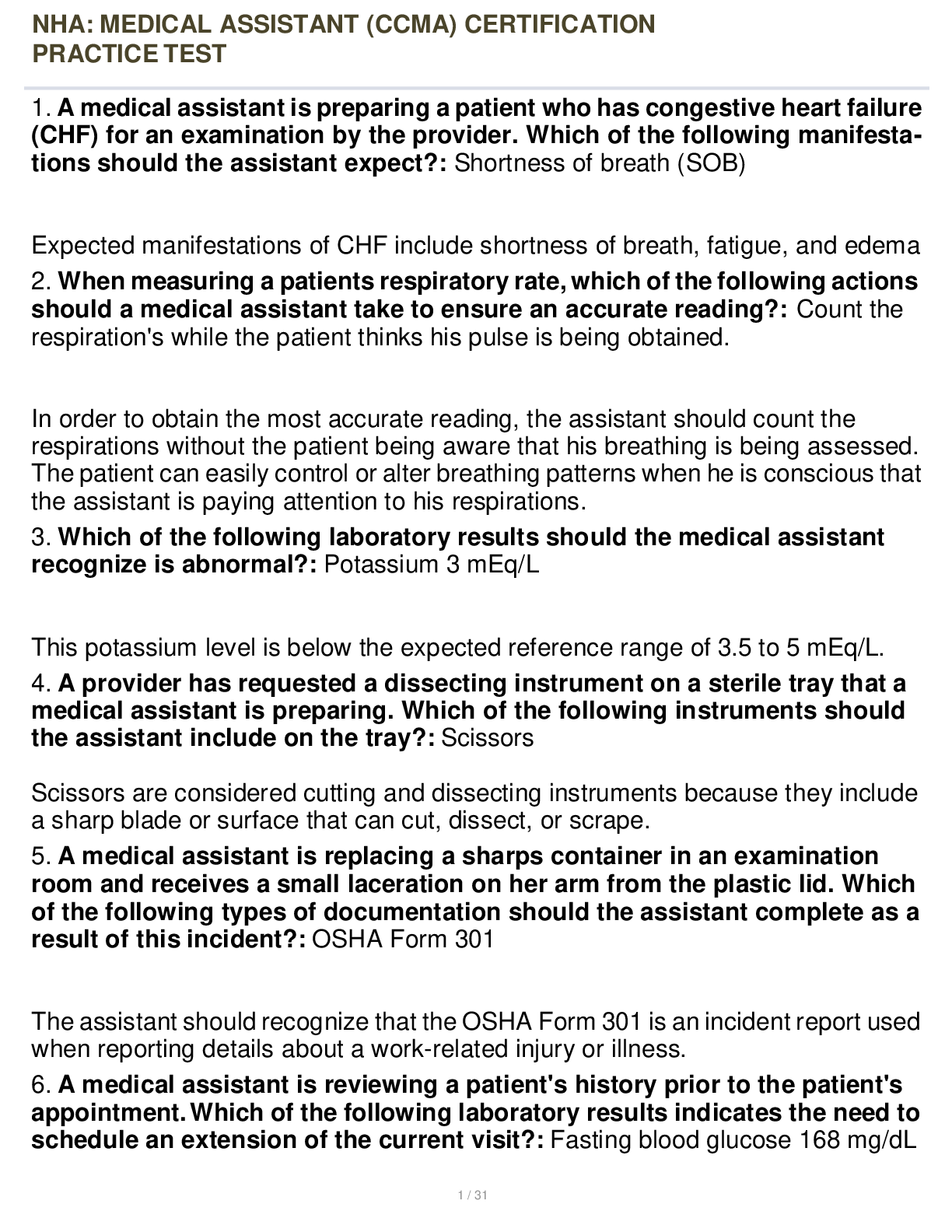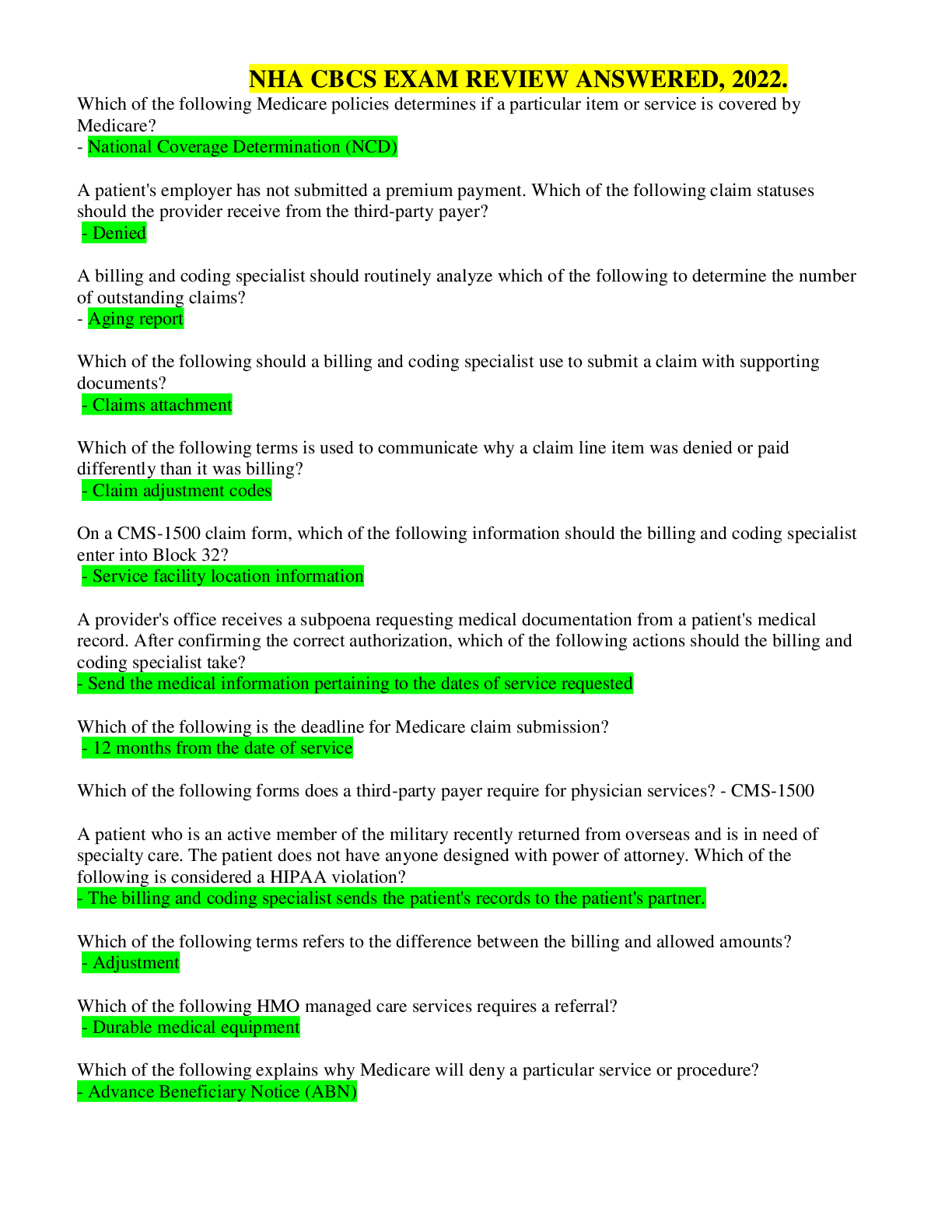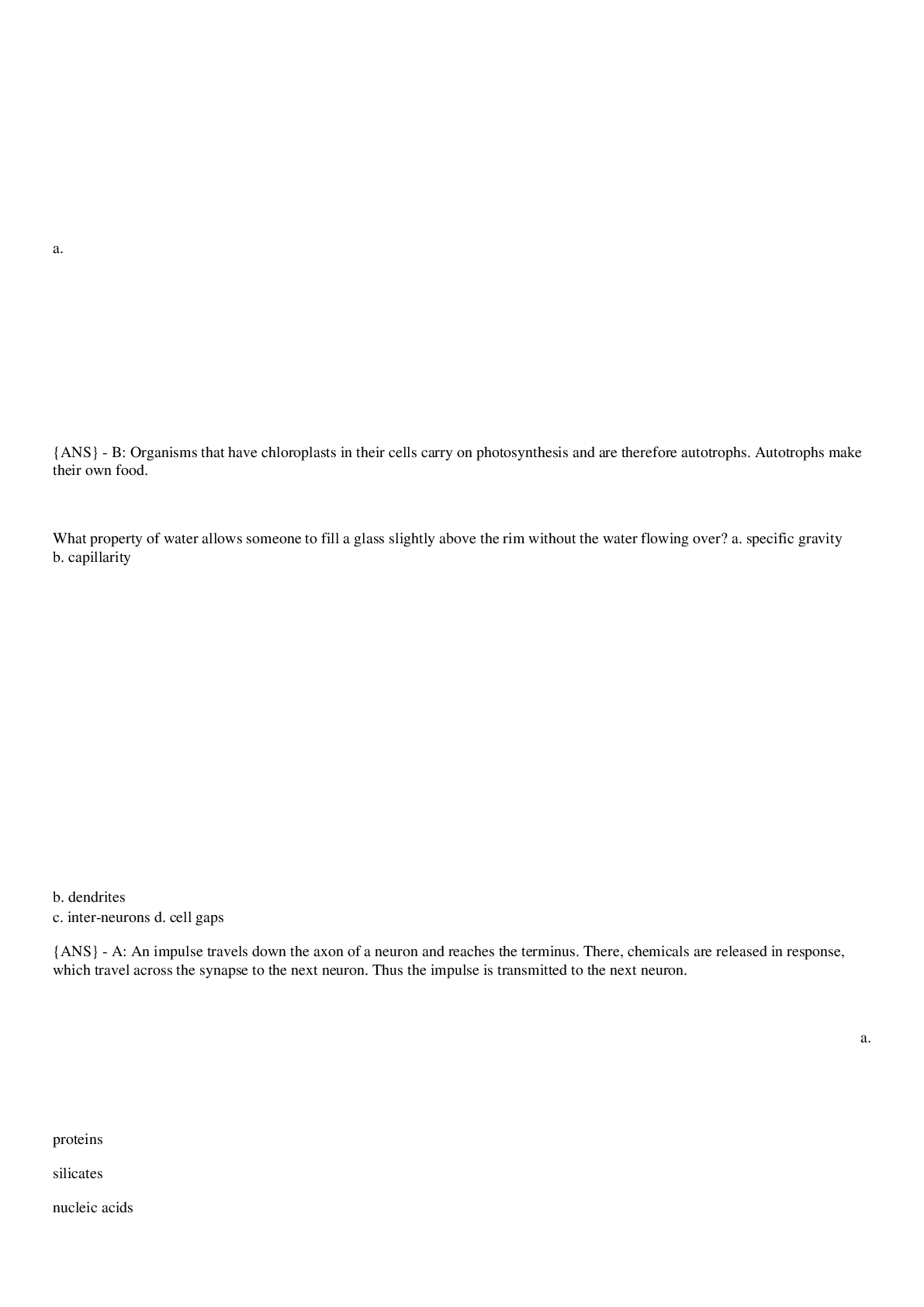International Law Exam Prep May June 2012 | Download for quality grades |
Document Content and Description Below
Feedback on compulsory Assignment 01 – 2011 . Question 1 Four states (A, B, C and D) conclude a treaty regulating their trade relations. State A enters a reservation to one of the articles of th... e treaty. The reservation is not forbidden by the provisions of the treaty and it does not contradict its object and purpose. State B does not respond to the reservation, while states D and C object to the reservation. With reference to relevant authority, explain the consequences of A's reservation to the operation of the treaty between the parties. (15 marks.) Reservations to treaties are governed by articles 19 to 23 of the Vienna Convention on the Law of Treaties, 1969 Let us have a look at what the relevant provisions of these articles contain: Answer: Definition of reservation: A reservation is an offer by the reserving slate to the other parties to a multilateral treaty, proposing that the agreement between them will have a certain content Article 19. Formulation of reservations. A State may, when signing, ratifying, accepting, approving or acceding to a treaty, formulate a reservation unless: The treaty forbids reservations The treaty only allows certain reservations The reservation proposed is contrary to the object and purpose of the treaty. The General rule is that all treaties can be accepted subject to reservations. If the treaty is silent on the question of reservations it is assumed reservations are allowed. Parties to a multilateral treaty may accept or reject the reservation. Failure to object will be seen as tacit consent. (As is the case where the party does not respond to the reservation) A state, which objects to a reservation, may do one of 2 things. 1. Object to the reservation but not to the operation of the treaty, or 2. Object to the reservation and to the treaty coming into operation. In the first case the treaty will operate minus the offending clause and in the second case no treaty will operate between the states. Effect of reservation on a multilateral treaty: Obligations between states accepting the reservation and the reserving state: Acceptance may be express or tacit. The entire treaty applies between the parties. But the provision in the original treaty to which the reservation was entered will be replaced by the provisions in the reservation. E.g. if states A, B and C accept a reservation entered by D, the treaty will apply normally between A, B and C. it is only the relationships between D and the other states which are affected by the reservation. [Show More]
Last updated: 1 year ago
Preview 1 out of 81 pages
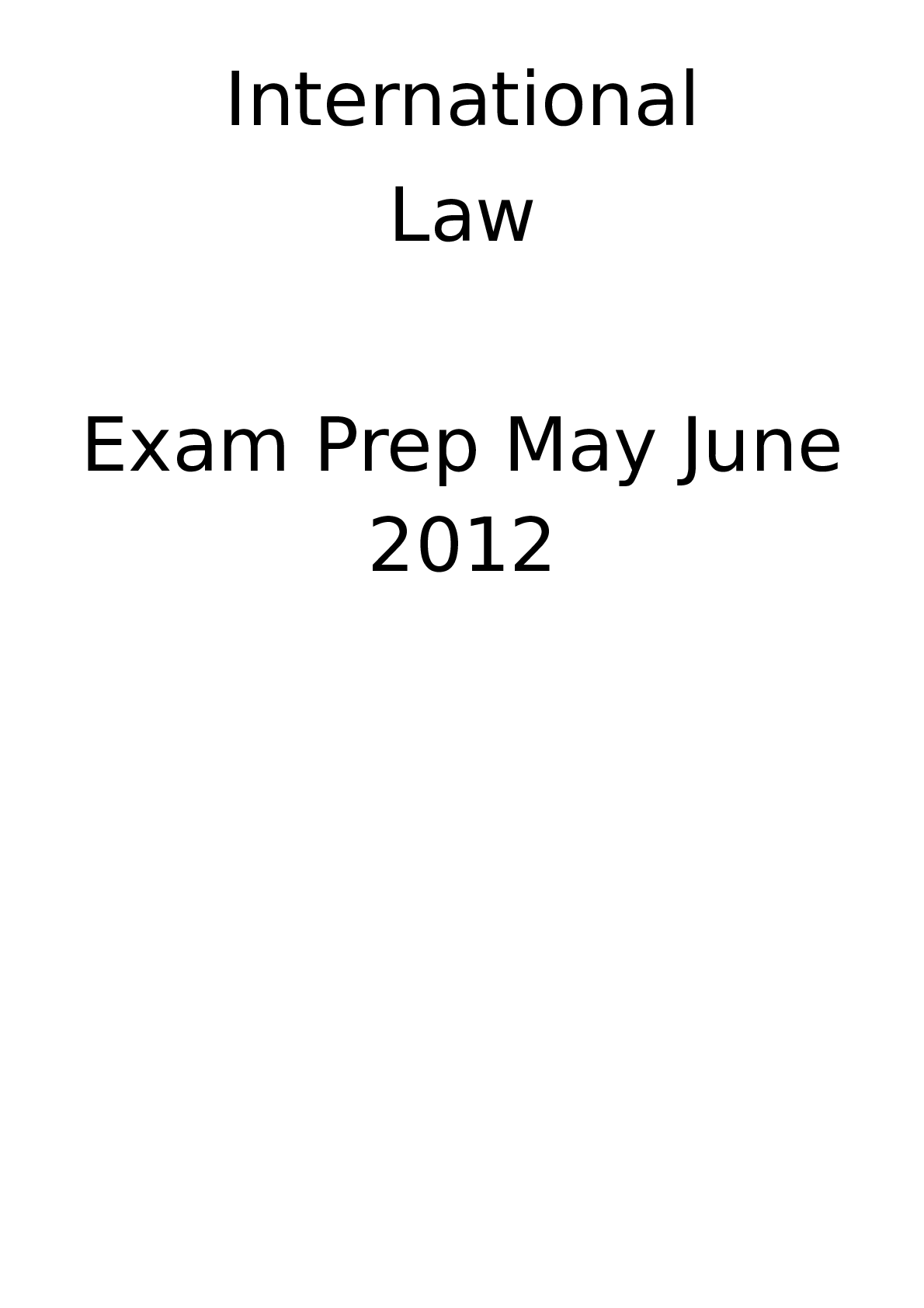
Reviews( 0 )
Document information
Connected school, study & course
About the document
Uploaded On
Dec 14, 2022
Number of pages
81
Written in
Additional information
This document has been written for:
Uploaded
Dec 14, 2022
Downloads
0
Views
41



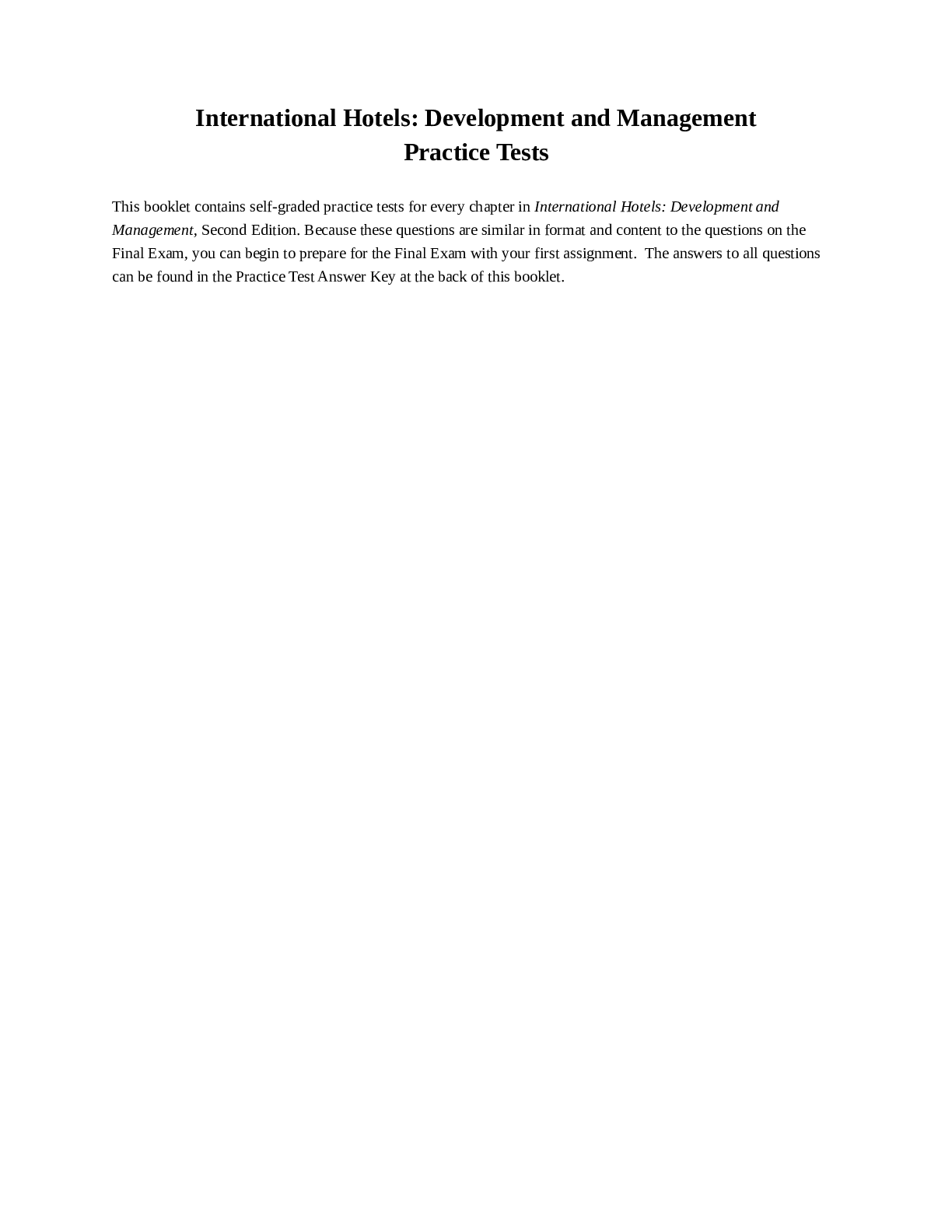

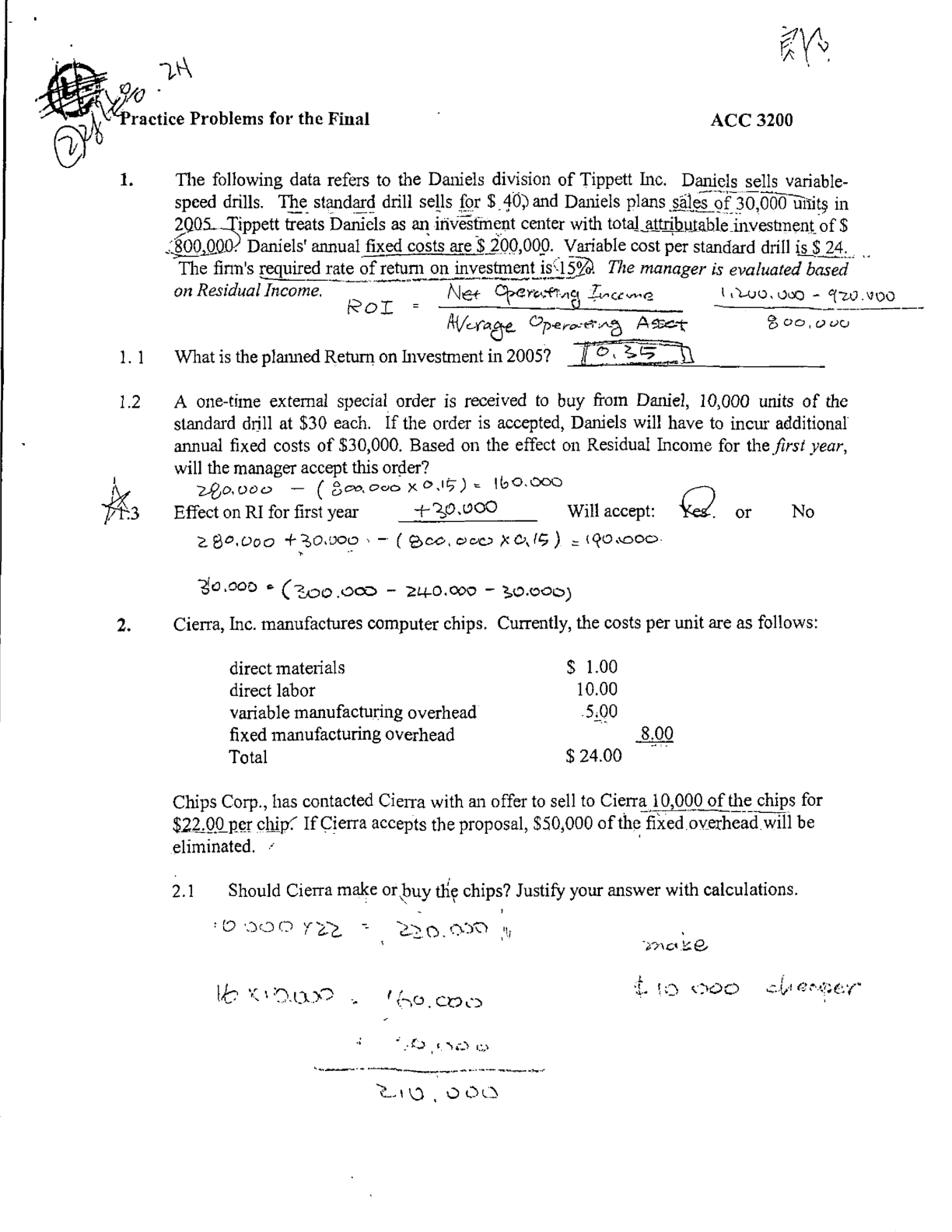
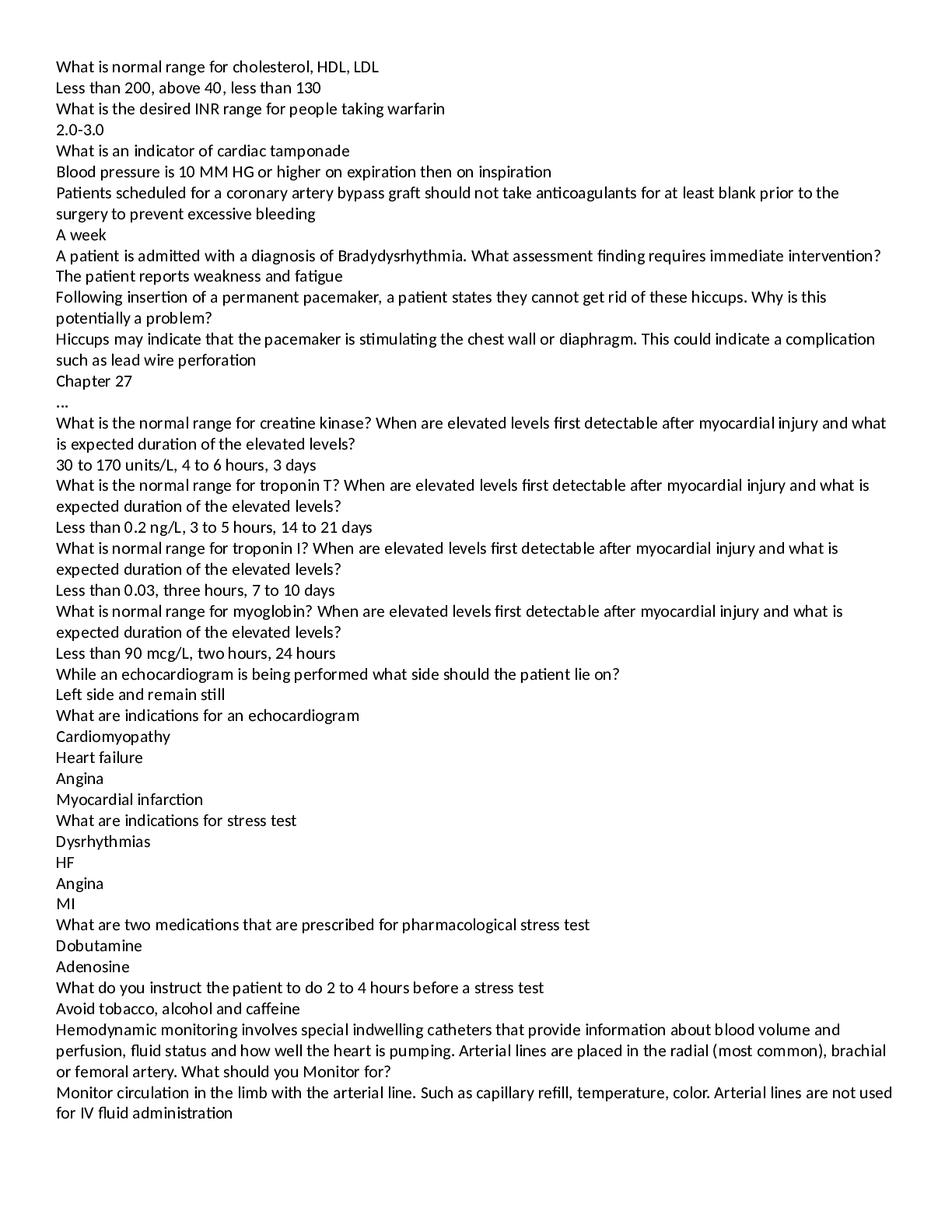

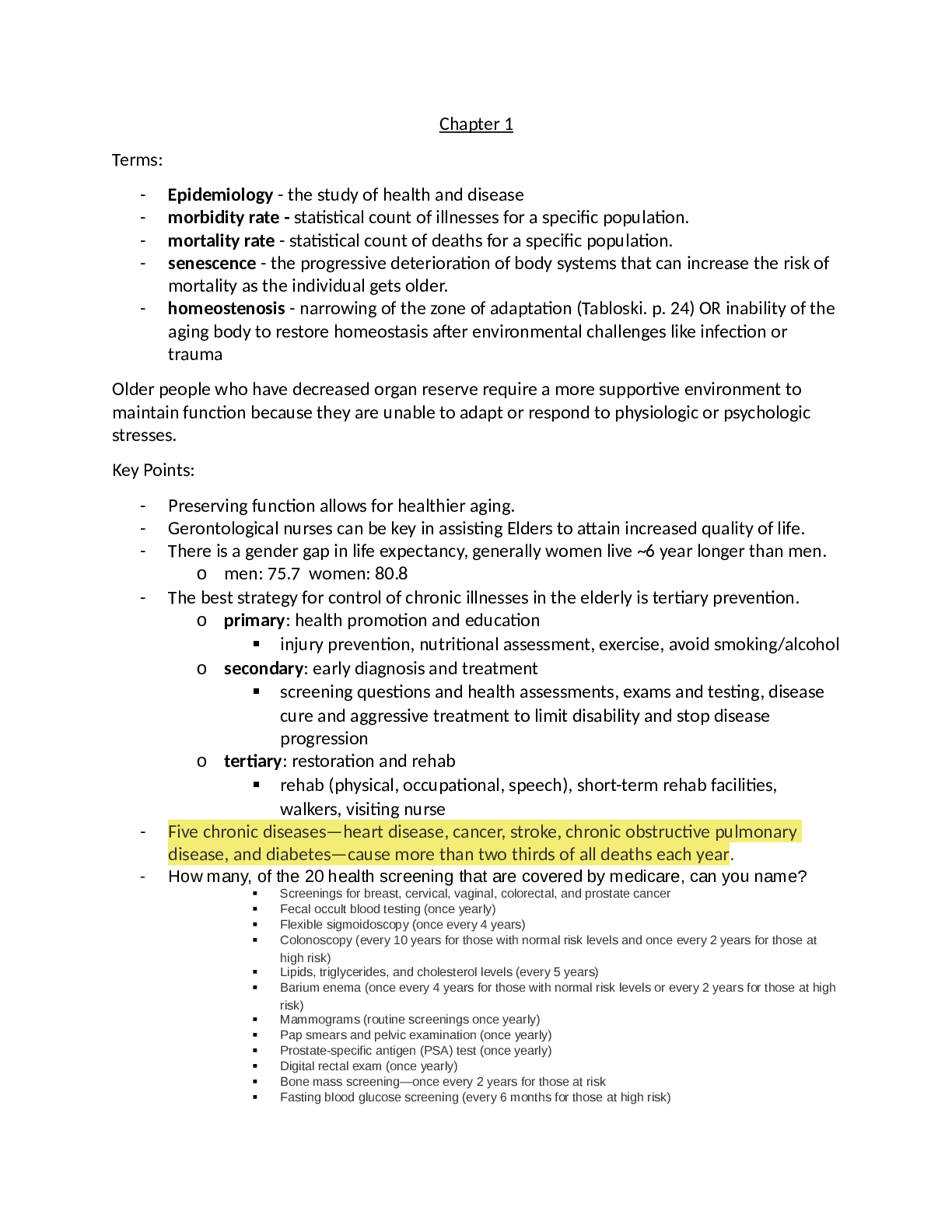


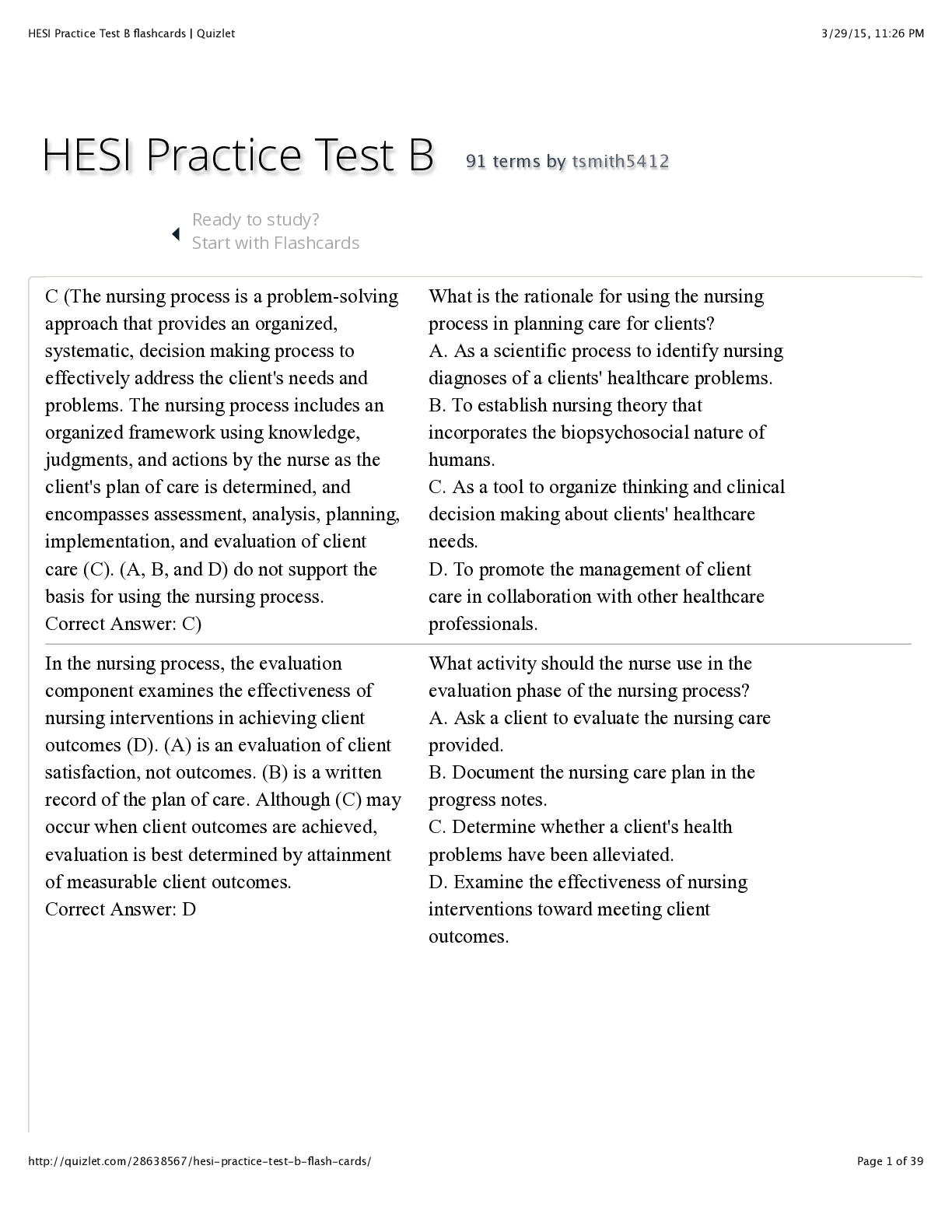
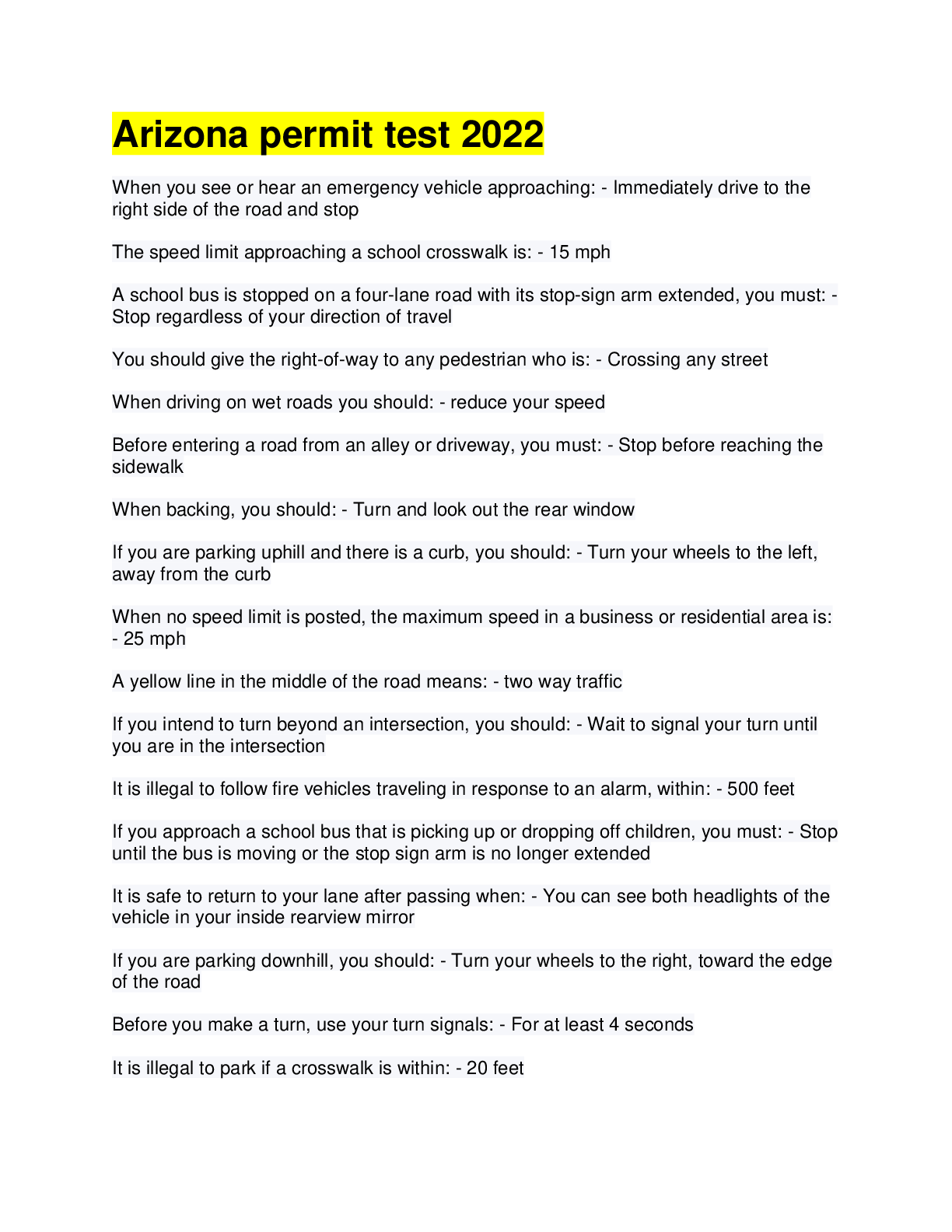


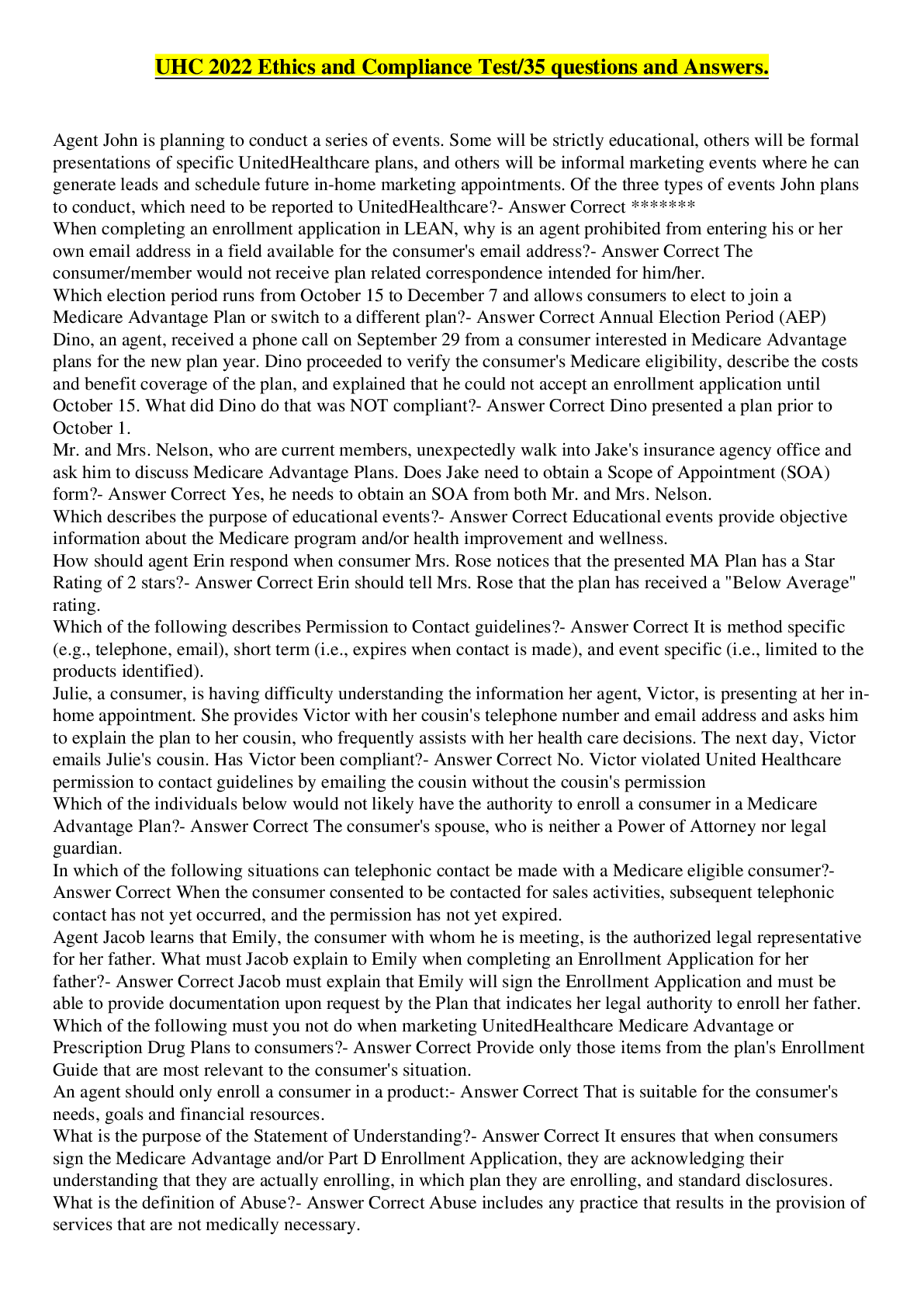
.png)
